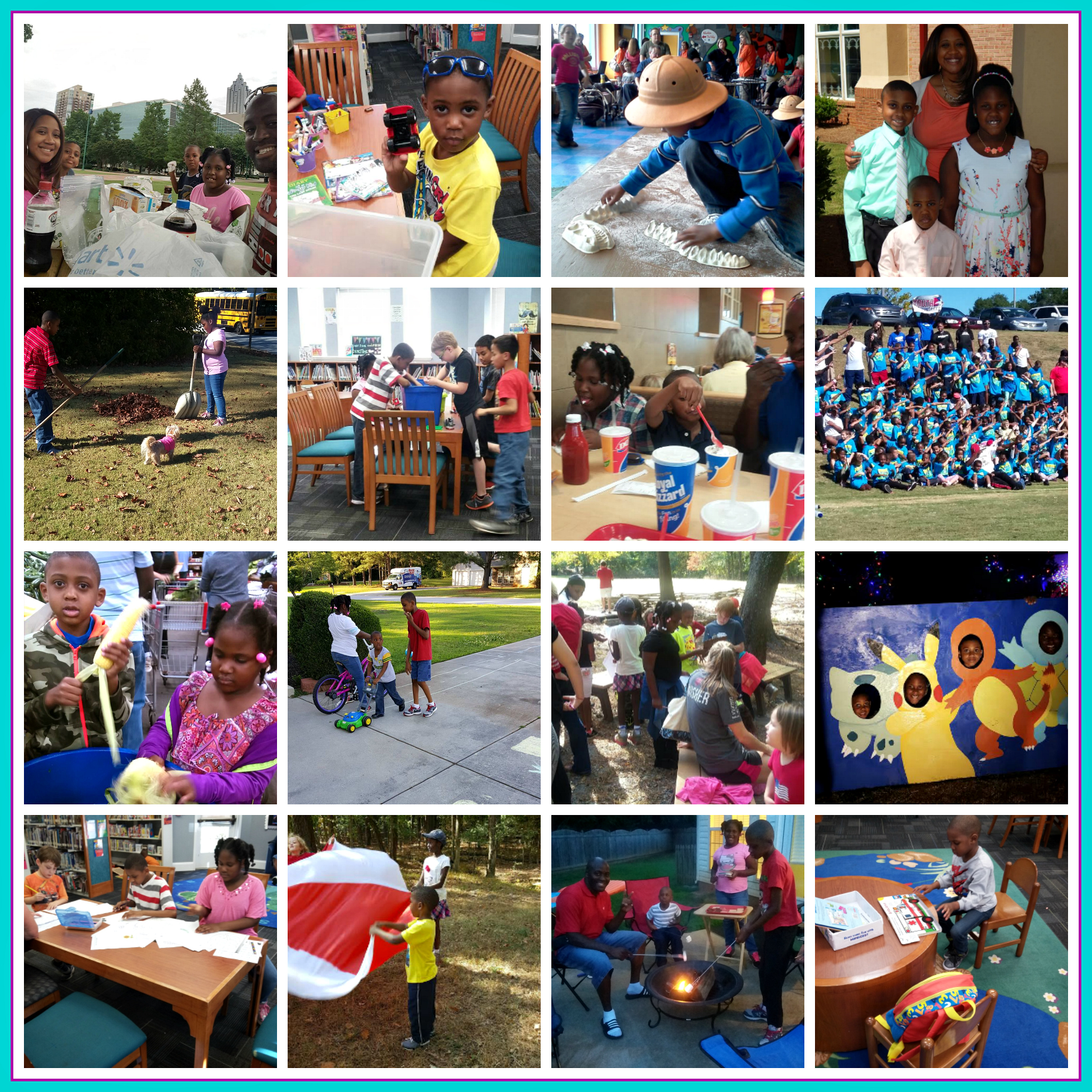From a homeschooling perspective, the common and somewhat tiresome question many homeschooling families face is, “What about socialization?” This query often comes from those less informed about homeschooling or from critics who think homeschooling is a disservice to children. It seems some believe that homeschoolers are confined to their homes, taught, and then sent to bed, devoid of any external interaction. This view is quite amusing to me. While I cannot speak for all homeschooling families, I can say that most of us do not keep our children isolated. True, homeschooled children may not be in a classroom with 20-30 peers all day, but does such an environment constitute true socialization? Is that the sole method for children to learn conflict resolution, communication, and real-world functioning?
Defining socialization is key.
Dictionary.com defines socialization as the ongoing process by which an individual develops a personal identity and learns the norms, values, behaviors, and social skills appropriate to their social position, as well as behavior modification from infancy to conform to societal demands. The term ‘conforming’ is particularly striking. For many, being ‘social’ means behaving in a manner deemed acceptable or ‘normal’ by society. Thus, we attend school to learn how to interact with a predetermined group, to follow an eight-hour desk routine, and to either accept or discriminate against those who differ from us—reminiscent of the workforce. This is the prevalent view of socialization.
Socialization can take many forms.
Is the only way to teach children how to function


 I'm Tracy Kelly- a Christian, wife, and homeschooling mom of 3 amazing kids, and welcome to my blog!
I'm Tracy Kelly- a Christian, wife, and homeschooling mom of 3 amazing kids, and welcome to my blog! 